Not every billionaire chooses to live a life of excess. Some of the wealthiest individuals in the world have chosen simplicity over luxury. Their daily routines, spending habits, and lifestyle choices often reflect a sense of modesty and discipline.
These stories offer a fresh perspective on wealth, proving that it is possible to be rich without needing to show it.
This article explores the lives of ten billionaires who lived like ordinary people and what made their habits stand out.

Warren Buffett Prefers Simplicity Over Status
Warren Buffett has long been admired not just for his investing skills but also for his down-to-earth habits.
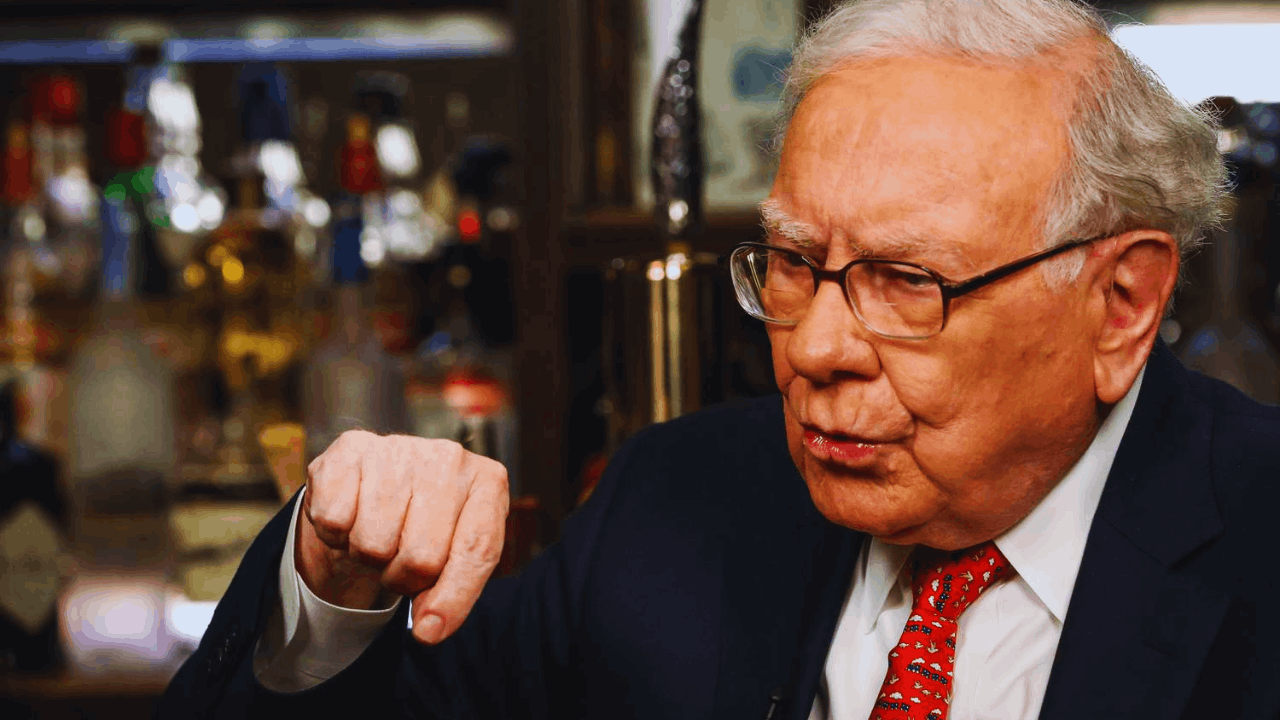
He has lived in the same modest house in Omaha, Nebraska, for decades. He drives himself to work and enjoys simple meals from fast-food restaurants. Despite his vast fortune, Buffett chooses practicality over extravagance.
His lifestyle reflects his philosophy of long-term value and financial prudence. Buffett often speaks publicly about the dangers of lifestyle inflation and encourages others to focus on what truly matters, rather than material displays of wealth.
Ingvar Kamprad Focused on Frugality
Ingvar Kamprad, the founder of IKEA, was known for his extremely frugal lifestyle. He flew economy class, stayed in budget hotels, and often drove an old car.

Even as a billionaire, Kamprad saw no need to adopt luxury for its own sake. His practical nature was a reflection of IKEA's brand values. He believed in minimizing waste and maximizing impact.
Kamprad also preferred using second-hand furniture and often encouraged IKEA employees to avoid unnecessary spending in their personal lives.
Amancio Ortega Kept a Low Profile
Amancio Ortega, the founder of Zara, rarely gives interviews or appears in the media.
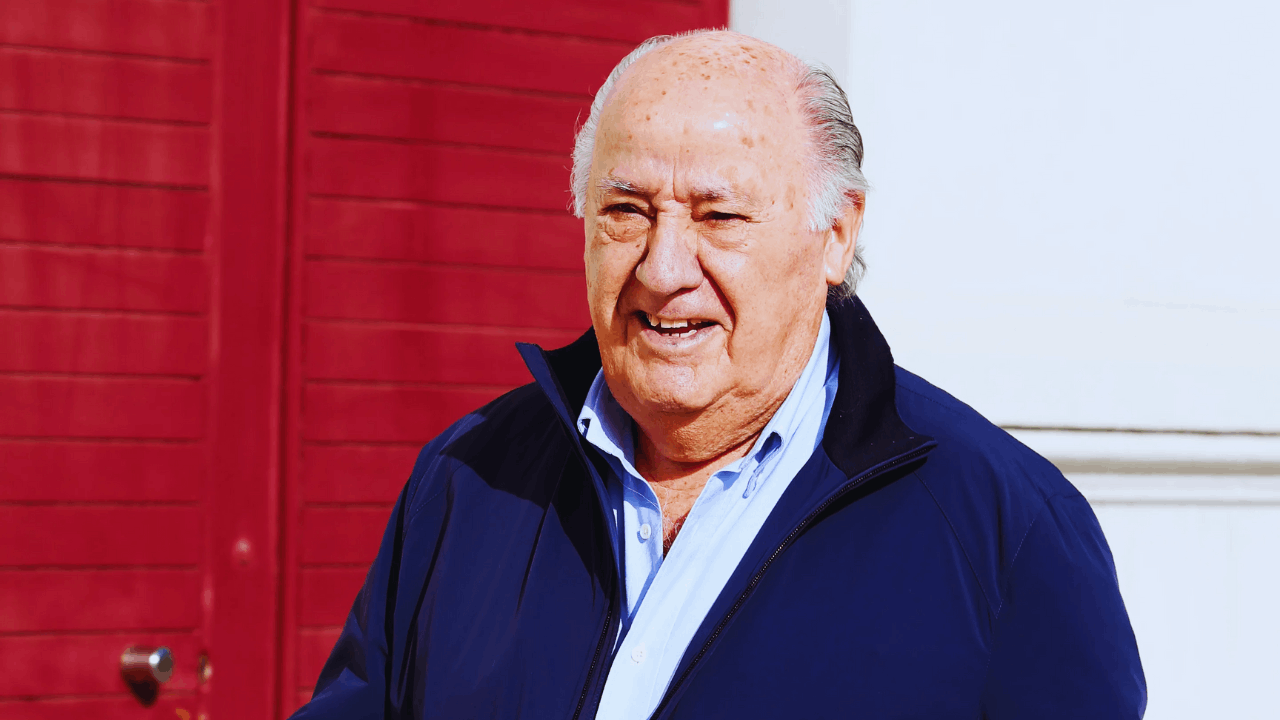
He avoids flashy clothing and often wears simple jeans and shirts. He lives in a discreet apartment and frequents the same local coffee shop. Ortega values privacy and avoids unnecessary attention.
His lifestyle reflects a preference for stability and personal freedom. Despite being one of the richest people in Europe, he focuses his attention on maintaining the company culture and quietly supporting charitable initiatives.
Jim Walton Maintains a Quiet Life
Jim Walton, the youngest son of Walmart's founder, leads a private and low-key life. He lives in a relatively modest home and keeps a limited public profile.
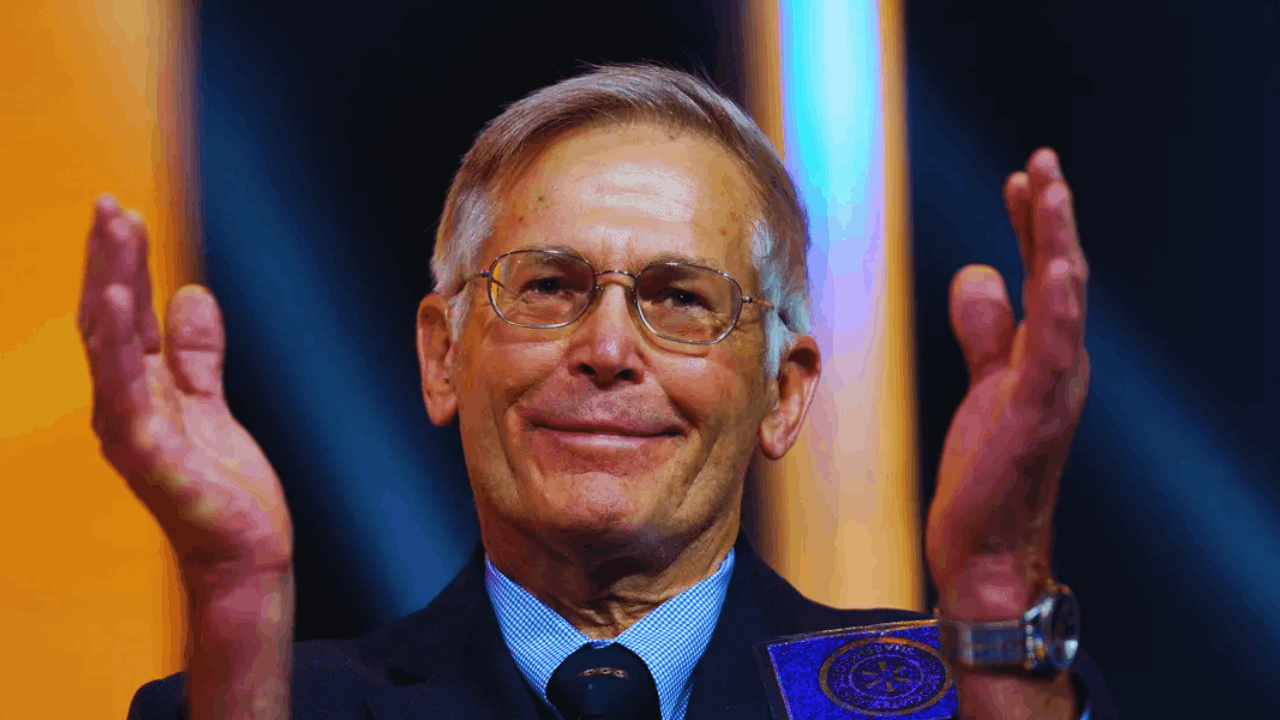
Despite being one of the richest people in the world, he avoids the limelight. Walton focuses on community development and education projects. His routine mirrors a strong sense of family tradition and responsibility.
He plays a vital role in sustaining Walmart’s legacy while maintaining values rooted in humility and service to others.
Chuck Feeney Gave It All Away
Chuck Feeney co-founded Duty Free Shoppers and quietly gave away most of his fortune.
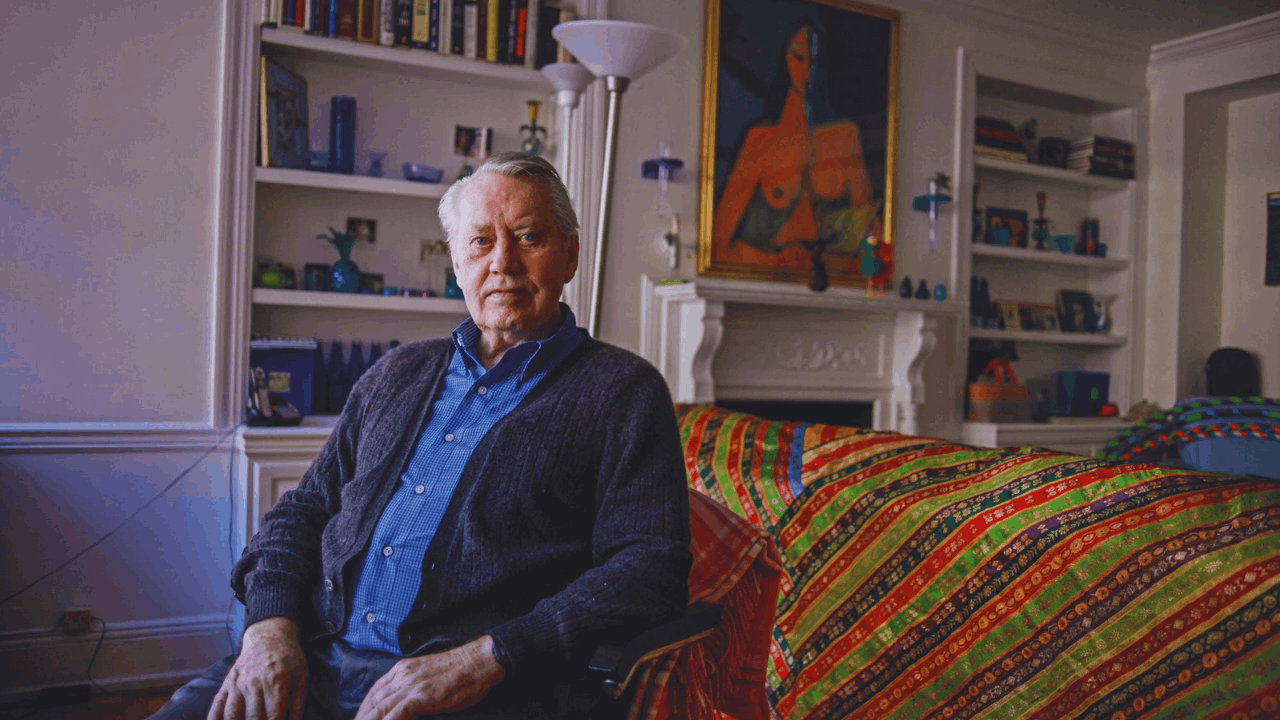
He lived in a rented apartment and traveled without luxury. He did not own a car and wore a simple watch. His goal was to give while living, which he achieved by donating billions anonymously.
Feeney's story is a remarkable example of generosity and humility. He famously signed the Giving While Living pledge and influenced other billionaires to consider giving back during their lifetimes.
Mark Zuckerberg Chooses Practicality
Mark Zuckerberg, co-founder of Facebook, is known for his consistent wardrobe. He often wears the same gray T-shirt and jeans to avoid decision fatigue.

He drives a modest car and lives in a relatively simple home by Silicon Valley standards. Zuckerberg values efficiency and focus over material excess.
His daily habits reflect an interest in minimizing distraction. In interviews, he has stated that freeing his mind from minor choices allows him to concentrate on bigger responsibilities.
David Cheriton Avoids Luxury
David Cheriton, a Stanford professor and early Google investor, lives far below his means. He still teaches, cuts his own hair, and drives older cars.

He believes wealth should not change how people behave. Cheriton values education and intellectual pursuit more than public status. His actions show a strong belief in humility and grounded living.
He also regularly donates to educational causes, prioritizing long-term impact over short-term recognition.
Azim Premji Practices Discipline
Azim Premji, often called the Czar of Indian IT, is known for his frugal habits. He traveled economy class, drove a Toyota Corolla, and avoided excessive spending.
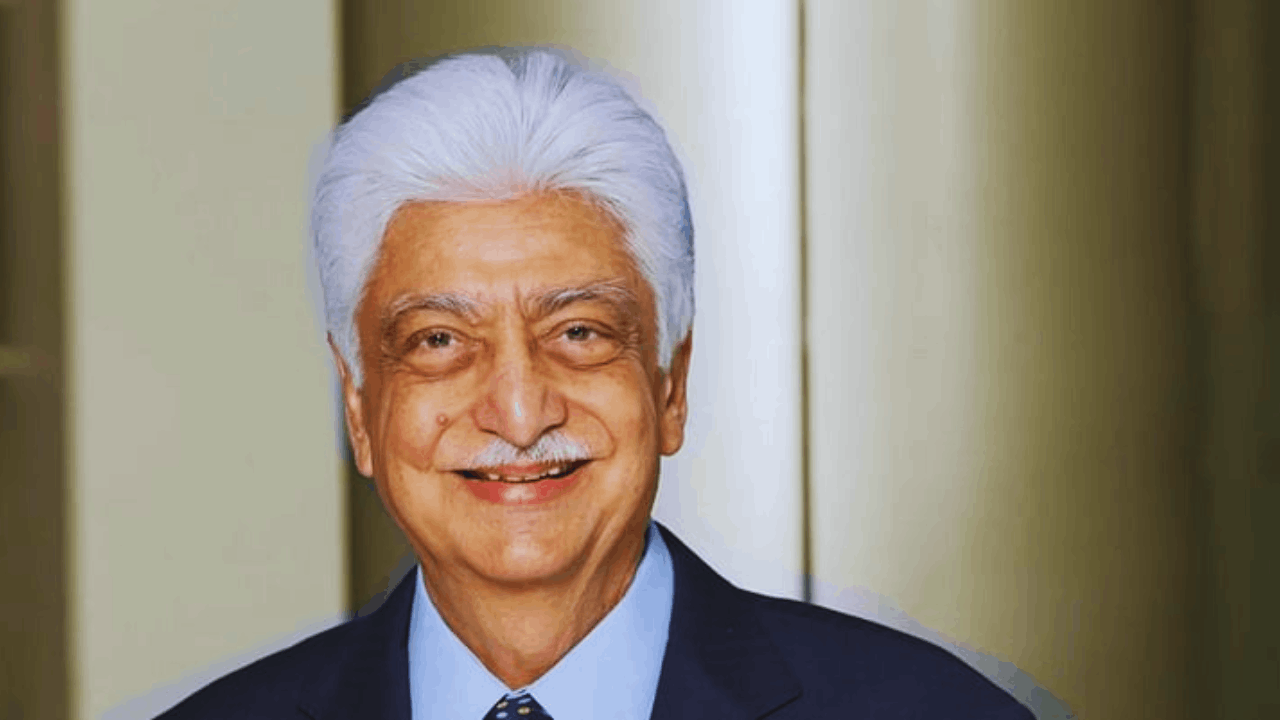
Despite leading a major tech company, he maintained a minimal lifestyle. Premji also donated large portions of his wealth to education and health causes. His approach balanced business success with ethical responsibility.
His foundation has become one of the largest charitable institutions in India, working to improve access to quality education.
Carlos Slim Favors a Modest Routine
Carlos Slim, one of the wealthiest individuals in the world, has resided in the same house for over four decades. He avoids flashy items and focuses on business and philanthropy.

Slim believes in reinvesting money into useful projects instead of wasting it on luxury. His daily schedule includes reading newspapers and working in a modest office. His choices reflect a strong commitment to productivity and family.
Slim often highlights the importance of living with discipline and supporting meaningful ventures that benefit society.
Tony Hsieh Redefined Comfort
Tony Hsieh, the former CEO of Zappos, once lived in a small trailer park in Las Vegas. He believed happiness came from community and experience rather than material things.

Hsieh invested in creating unique living spaces and supporting entrepreneurs. He wore casual clothing and kept his lifestyle as minimal as possible.
His unconventional approach showed how comfort can come from values, not wealth. Hsieh’s philosophy helped Zappos build a company culture centered on well-being and human connection.
The Psychological Benefits of Living Modestly
Choosing to live modestly can reduce stress and improve mental clarity. Billionaires who live simply often report feeling more in control of their time and priorities.

A lifestyle without constant indulgence can make everyday pleasures more meaningful. Modesty allows for focus on personal growth rather than maintaining appearances.
The result is often greater happiness and inner peace, not just for them but for those around them.
How Modesty Shapes Corporate Culture
When leaders live modestly, their values permeate the organization. Employees may feel more motivated and respected when they see humility in leadership.
Companies led by frugal and grounded founders often focus on long-term goals rather than short-term gains.
This attitude helps build more sustainable business practices. It also fosters loyalty, innovation, and a strong sense of shared purpose throughout the company.
Why Modest Living Builds Lasting Influence
Living modestly can earn respect and build stronger connections. When billionaires live simply, it shows alignment between values and actions.
Their lifestyle choices often have a greater influence on employees and the public than flashy gestures.
By remaining grounded, they build legacies based on principles instead of possessions. This approach encourages the idea that success is about impact, not image.
What We Can Learn from Their Habits
These billionaires remind us that wealth does not need to lead to extravagance. Their choices reflect a mindset of intentional living and disciplined priorities.
They demonstrate how simplicity can bring peace and clarity even in high-pressure environments.
Instead of being defined by their assets, they are recognized for their decisions and generosity. Adopting similar habits can bring greater balance to personal and financial life.
Conclusion
These billionaires who lived like ordinary people prove that true wealth does not require lavish spending. Their lives are a reminder that success can coexist with simplicity. By focusing on values such as humility, efficiency, and generosity, they offer a distinct model of achievement.
In doing so, they inspire others to pursue meaningful lives over material excess. Whether through modest homes, consistent wardrobes, or quiet philanthropy, their choices redefine what it means to live well with wealth.




















